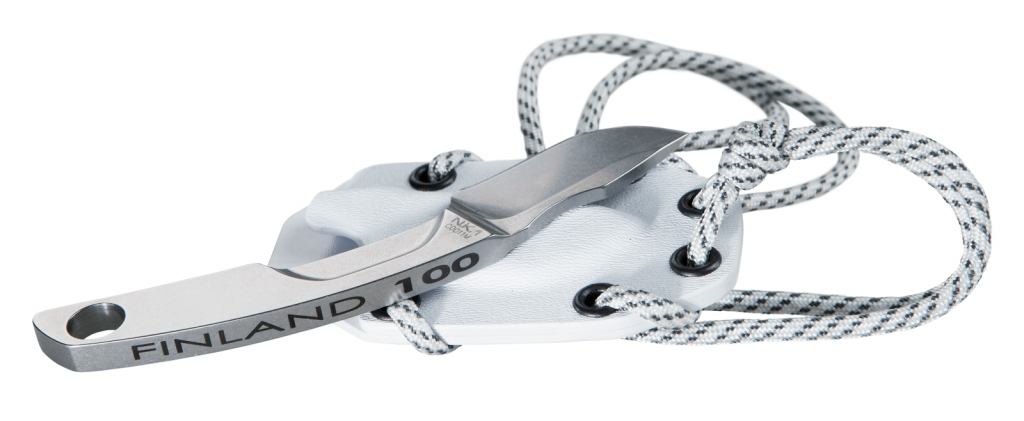March 21st marks the day in which Namibia became an independent nation in 1990. It was colonized by the Germans in the latter half of the 19th Century as German South West Africa. Post-World War One, it became a mandate of the League of Nations under the administration of South Africa. Even after the League of Nations gave way to the United Nations, South Africa remained in control notwithstanding UN resolutions until 1990.
Secretary of State Antony Blinken issued the following statement today on Namibia National Day:
On behalf of the Government and the people of the United States of America, I extend heartfelt congratulations to the Namibian people as you celebrate 33 years of independence on March 21.
The people of the United States and Namibia share a steadfast commitment to democratic principles, human rights, and good governance. Our strong partnership promoting the health of our citizens underpins our continuing cooperation to combat the ongoing challenges of the global pandemic. In the coming year, we intend to expand our bilateral ties in priority areas such as the climate crisis, green economic growth, as well as increased commerce and trade. As we envision building a stronger bilateral relationship, we are committed to partnering with Namibia to combat the greatest challenges of our time for the benefit of both our peoples.
We send our best wishes for a peace, prosperity, and a joyous Independence Day.
Independence was a result of the Tripartite Accord brokered by the Reagan Administration in 1988. It involved South Africa, Cuba, and Angola. South Africa would grant Namibia its independence and remove its troops from parts of Angola while the Cubans would leave Angola entirely. South Africa would also recognize UN Security Resolution 435 which called for a cease-fire and UN supervised elections in South West Africa (Namibia).
An interesting sidelight to all of this was told to me at the Dallas Safari Club Convention last year. Alex Oelofse of Jan Oelofse Hunting Safaris related to me how his family’s lodge situated about 200 km north of Windhoek was used in these negotiations. Representatives of the US, South Africa, Cuba, Angola, and the UN needed a place to meet out of the media limelight so they used their lodge in the Okonjati Game Reserve. The late Jan Oelofse served as the primary animal wrangler in John Wayne’s 1962 movie Hatari.
I do hope to get to Namibia sometime in the next few years. From everything I’ve seen and everything I’ve heard, it is a beautiful country with abundant game. Just as importantly, it is one of the safer countries in Africa.


